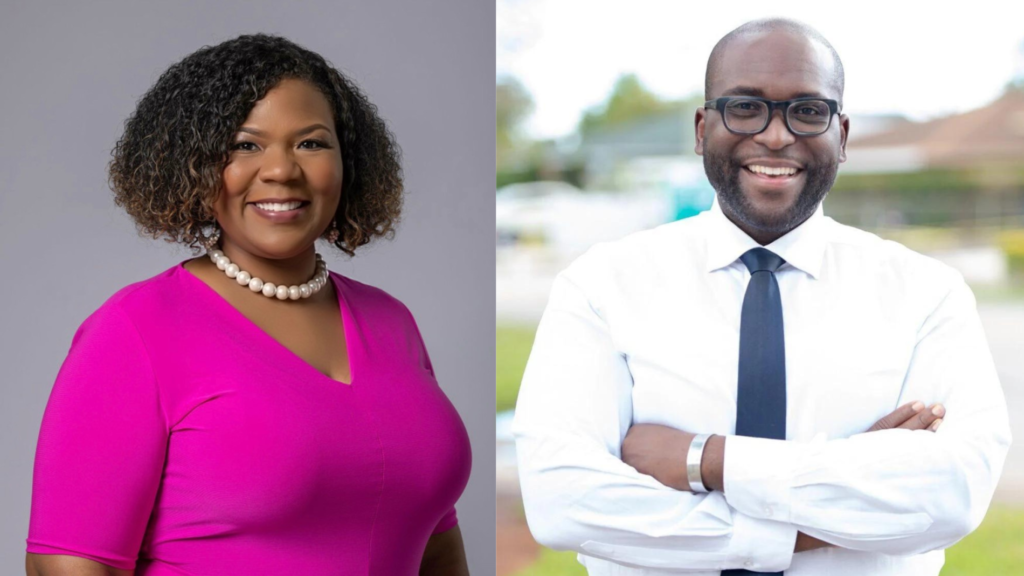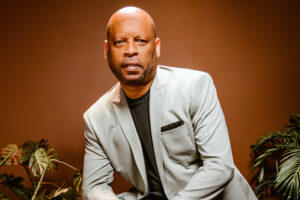Florida lawmakers are taking steps to address hair discrimination with the introduction of the Creating a Respectful and Open World for Natural Hair Act, commonly known as the CROWN Act. Filed by Senator Shevrin Jones (SD-34) and Representative Bracy Davis (HD-40), the legislation—SB 476 and HB 387—aims to protect individuals from discrimination based on hair texture and natural hairstyles.
Currently, 25 states have passed similar laws to ensure protections against hair-based discrimination in workplaces, schools, and other public spaces. The movement stems from a long-standing history of bias, which has disproportionately impacted minority communities, particularly Black women.
Representative Bracy Davis emphasized the significance of the legislation beyond just hairstyle protections, noting its cultural and personal implications.
“The CROWN Act is about more than just protecting natural hairstyles—it’s about affirming the dignity and identity of Black and brown people across Florida,” said Davis. “Culturally, our hair is a reflection of who we are. It’s how we express pride in our heritage, our individuality, and even our journey. For many of us, our hair is an extension of our story—how we feel, where we’ve been, and where we’re going. As a woman who wears sisterlocs, I understand firsthand how important it is to feel safe, seen, and respected in spaces where we show up as our authentic selves. This legislation is about ensuring that no one in our state is forced to choose between their identity and their opportunity. By passing the CROWN Act, we are creating a world where everyone’s unique beauty and expression are embraced, not punished.”
If passed, the CROWN Act would provide legal protection against discrimination based on natural hair textures and styles in employment, education, and public accommodations. Advocates argue that such protections are essential in fostering inclusivity and equal opportunity for all individuals, regardless of their cultural background.
The proposed legislation will now move through the legislative process, where it will be debated and voted on in upcoming sessions.
This is a Hy-Lo News Staff Report.





















